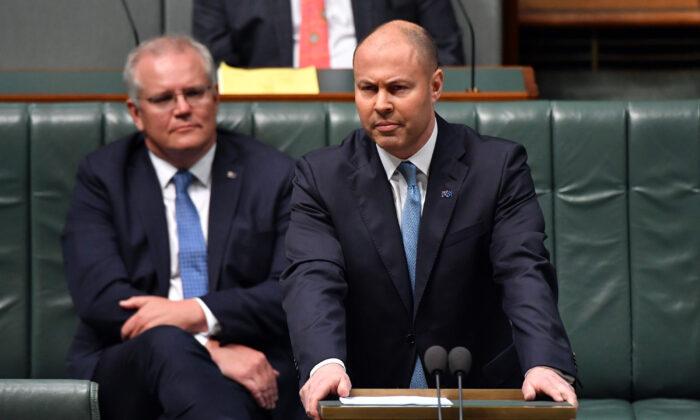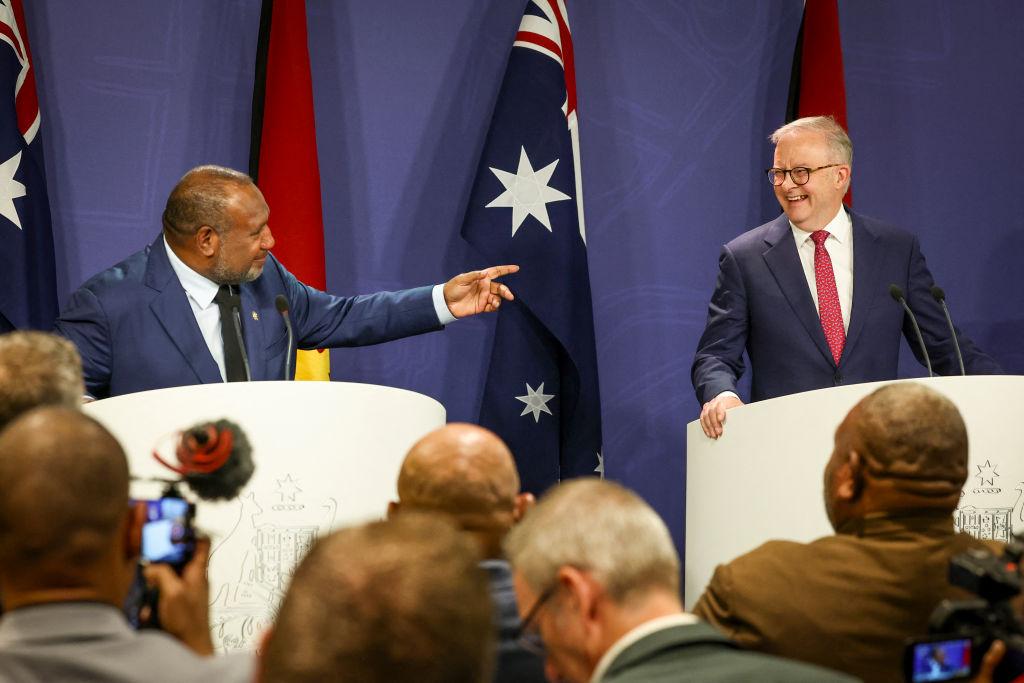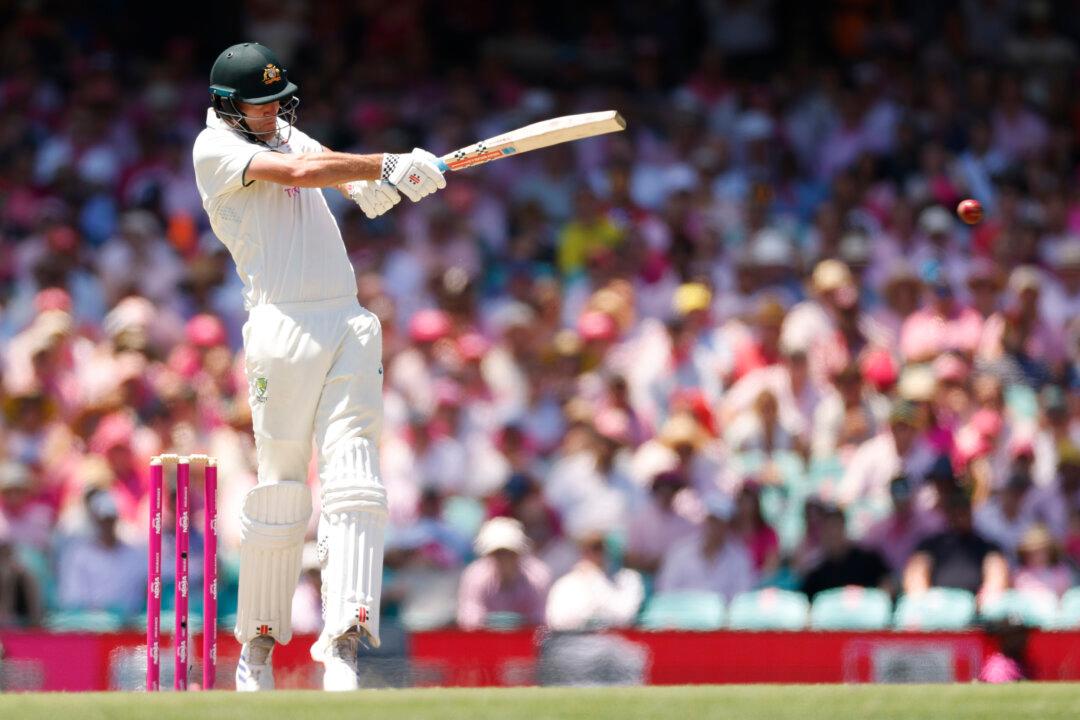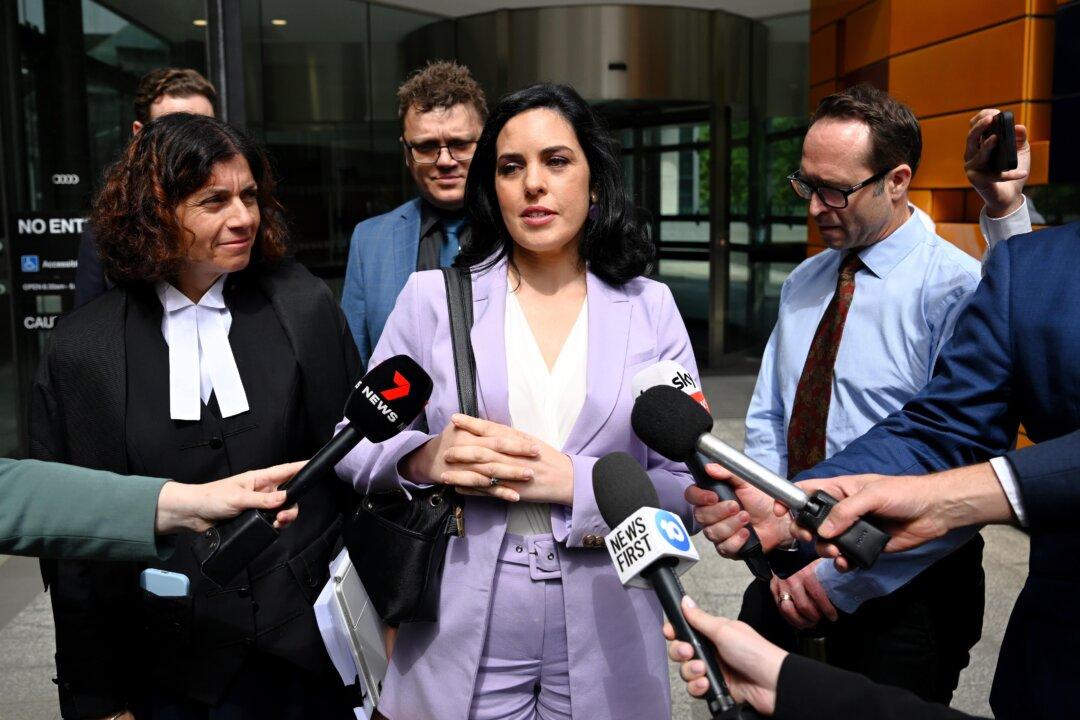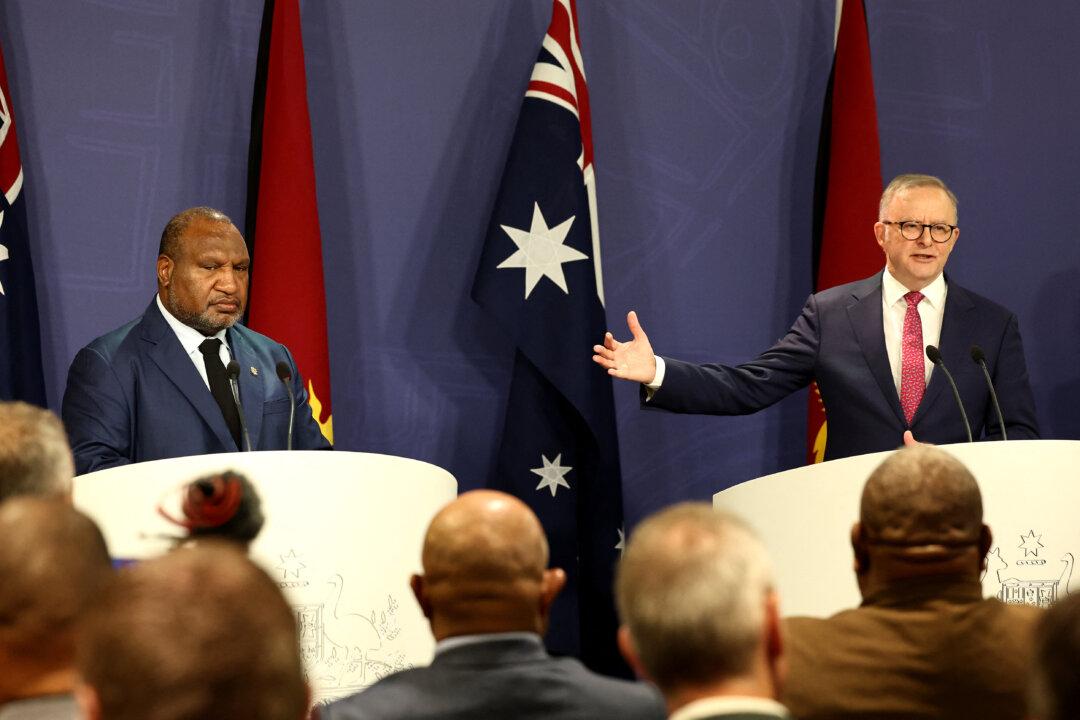A multi-million dollar bid by one of the world’s largest construction firms to acquire a majority stake in Australian-based Probuild has been blocked by the foreign investment regulator and Treasurer Josh Frydenberg.
The almost $300 million bid by the state-owned China State Construction Engineering Corporation (CSCEC) to acquire an 88 percent stake in Probuild was rejected on “the grounds of national security” by the Foreign Investment Review Board (FIRB).
The U.S. Department of Defense has blacklisted CSCEC for its links to the People’s Liberation Army, the military arm of the Chinese Communist Party (CCP).
The Melbourne-based Probuild is involved in building the headquarters of the Victoria Police and world-leading biotech company CSL, which is developing COVID-19 vaccines.
In response to the decision, Tasmanian Senator Eric Abetz said: “Australia’s sovereignty is not for sale, and our national interests come before economic considerations.”
“The FIRB is one of many robust mechanisms in place that examines investments and economic activity to protect Australia as foreign interference and risks ... come in a variety of forms,” he told The Epoch Times.
Probuild Executive Chairman Simon Gray reacted strongly to the regulator’s decision saying: “It’s more politics than it is anything else.”
“No one can give us the real reason why we’re a national security risk. It’s a joke,” he told the AFR.
He claimed Probuild was less exposed than competitor John Holland, who was acquired by Chinese giant China Communications Construction Company (CCCC) in 2015 and is involved in critical infrastructure such as rails and airports.
“There’s only one way to balance the profit versus the national security issue, and that is to always go in favour of national security,” Federal Member of Parliament George Christensen said. “We can get investments from many countries that don’t pose national security threats to us.”
“Quite frankly, no strategic asset or infrastructure should be owned, built, designed, or have anything to do with any company that is linked to the CCP,” he told The Epoch Times.
“It is just a national security risk, full stop.”
Foreign investment has been at the heart of the Morrison government’s geopolitical and national security concerns.
The head of the FIRB, Treasurer Josh Frydenberg has actively blocked foreign investment bids from China, sometimes in disagreement with the regulator itself.
